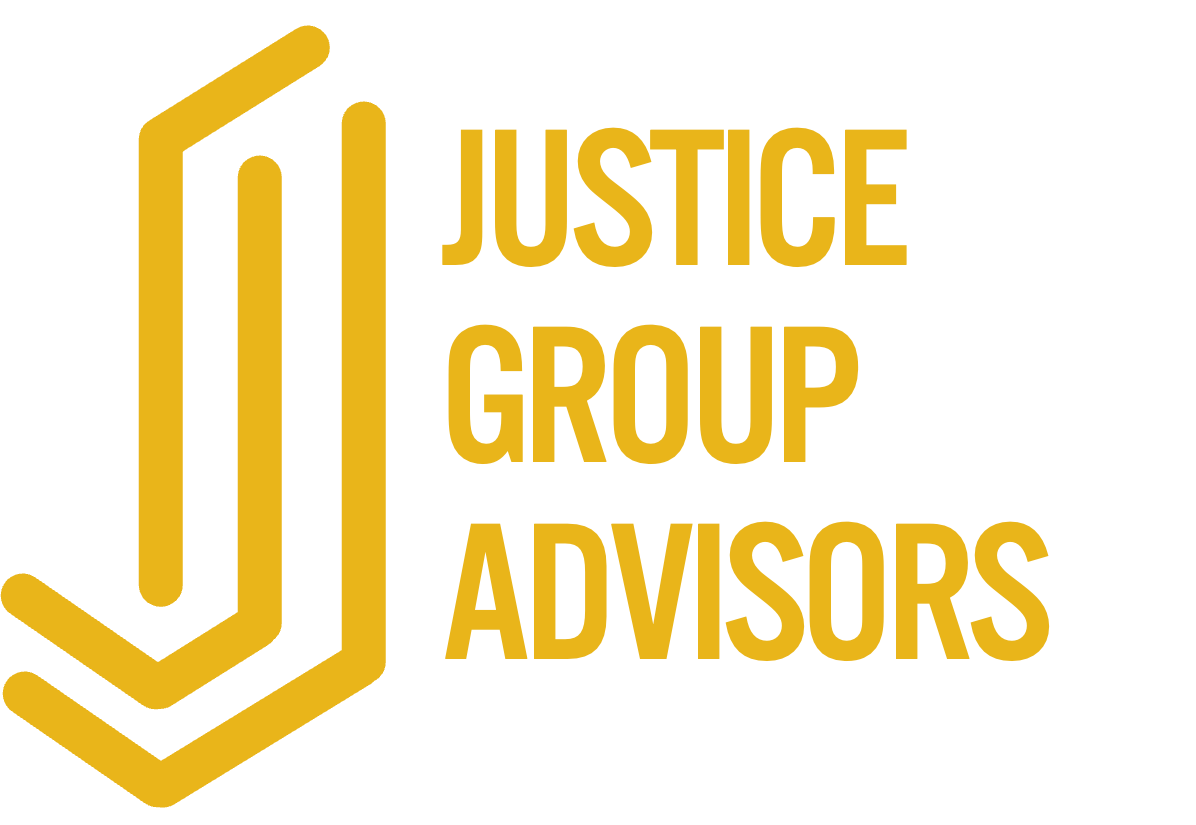Does Your Job Offer Include Executive Coaching? It Should and Here’s Why
Embarking on a new leadership role is a thrilling yet challenging journey filled with potential pitfalls. Believe it or not, one of the best times to request executive coaching is during this transition, whether within your current company or at a new organization.
A Vulnerable Time
The first three to six months in a new leadership role are critical and vulnerable. The company is placing a substantial bet on your success, dedicating considerable time, energy, and resources while entrusting the future of the team and projects into your capable hands. An executive coach provides you with the tools and insights necessary to navigate this challenging period, effectively mitigating the company’s investment risk.
Research underscores that this period can be treacherous, with a high risk of challenges and missteps. McKinsey & Company data reveals that 74% of executives considered themselves unprepared due to inadequate onboarding processes. 62% of external hires and 25% of internal hires say it takes more than six months to make an impact, and up to nine months for new CEOs¹. Additionally, researchers estimate that 30% to 50% of newly transitioned leaders fail within the first eighteen months, whether they were an external hire or promoted from within.²⁻⁵
The Ripple Effect
The knock-on effects are substantial. When leaders struggle with a transition, their teams and companies suffer. The performance of direct reports is 15% lower than it would be with a high-performing leader, and they are 20% more likely to be disengaged or leave the organization. Successful leadership transitions are associated with a 90% likelihood of meeting 3-year performance goals and a 13% lower attrition risk¹. These staggering statistics emphasize the critical need for a strategic approach to leadership transitions.
Executive Coaching: A Win-Win Solution
Research indicates that tailored executive coaching doubles the likelihood of a new leader’s success, yet only 32% of companies proactively utilize executive coaching⁶.
Taking charge of your onboarding process by negotiating for transitional executive coaching is a proactive step that pays dividends in your long-term success. Many leaders hesitate to request executive coaching during employment negotiations due to fears of losing the offer, being perceived as lacking confidence, or being too demanding. In reality, requesting executive coaching during negotiations demonstrates dedication to success and awareness that transition periods are fraught with complexity.
A respectful request for executive coaching to support your transition can often result in a "win-win" situation, benefiting both you and the employer. In addition to de-risking their investment in your success, it’s a relatively easy way for them to make your compensation package more attractive. Most executives negotiate for a higher base salary, bigger bonus, more equity, or extra vacation days—all of which may trigger internal inequities, market disparities, and jealousy among critical stakeholders making them more difficult levers for employers to pull. Publicly traded companies are particularly sensitive to this as they are subject to disclosures about executive compensation. Executive coaching for a specified purpose and time is also easy for colleagues and stakeholders to accept and support.
Sidenote: Consider the competitive advantage for companies who automatically provide executive coaching for new hires versus having to be asked⁶.
Negotiating for Success
It's crucial to emphasize that the optimal time to request coaching is before you accept the job. This is still a negotiation, after all. You have the most leverage when you know they want to hire you and you haven’t said “yes”. If you wait until after you accept the offer, the urgency goes away. The odds of getting an executive coach as a new hire after you accept the offer goes down exponentially. If it’s not immediately obvious to them that this is an easy and elegant solution, help them understand how it’s a “win-win”.
It is also important to note that the higher the role in the organizational hierarchy, the more important it is that the coach is external. Internal coaches can be cost-effective for mid-level leaders. Executive transitions—in particular C-level transitions—require the objectivity, perspective, and experience of an external coach with industry, business, and functional context⁷.
By strategically incorporating executive coaching into your job offer during a transition, you not only sweeten your deal, but you also do so in a way that helps you to feel more confident and supported during your leadership transition, and allows your company to reap the benefits of the investment in you. This proactive step not only mitigates the risks associated with leadership transitions but also sets the stage for a mutually beneficial journey toward sustained success.
Earn and Embrace Your Seat at the Table
If you're undergoing an executive transition and seeking an experienced, results-driven executive coach with deep insider knowledge of the healthcare and life sciences sector, let's have a conversation. At Justice Group Advisors, we specialize in this space and boast a network of qualified coaches and advisors committed to supporting leaders in earning and embracing their seat at the table.
——————
McKinsey & Company. (n.d.). "Successfully transitioning to new leadership roles." Retrieved from https://www.mckinsey.com/capabilities/people-and-organizational-performance/our-insights/successfully-transitioning-to-new-leadership-roles
Burke, R.J. (2006). "Why leaders fail: Exploring the darkside." International Journal of Manpower, 27(1), 91-100.
Watkins, M. (2013). "Avoiding onboarding and promotion traps." Strategy & Leadership, 41(6), 43-46.
Harvard Business Review. (2017, November). "Executives fail to execute strategy because they're too internally focused." Retrieved from https://hbr.org/2017/11/executives-fail-to-execute-strategy-because-theyre-too-internally-focused
Development Dimensions International (DDI). (n.d.). "Why executives fail." Retrieved from https://www.ddiworld.com/blog/why-executives-fail
Wheeler, P. (2008). "Executive transitions market study summary report: 2008." The Institute of Executive Development.
McGill, P. et al. (2019). "From 'blind elation' to 'oh my goodness, what have I gotten into'… Exploring the experience of executive coaching during leadership transitions into C-suite roles." International Journal of Evidence-Based Coaching and Mentoring, 17(1), 3-18.


